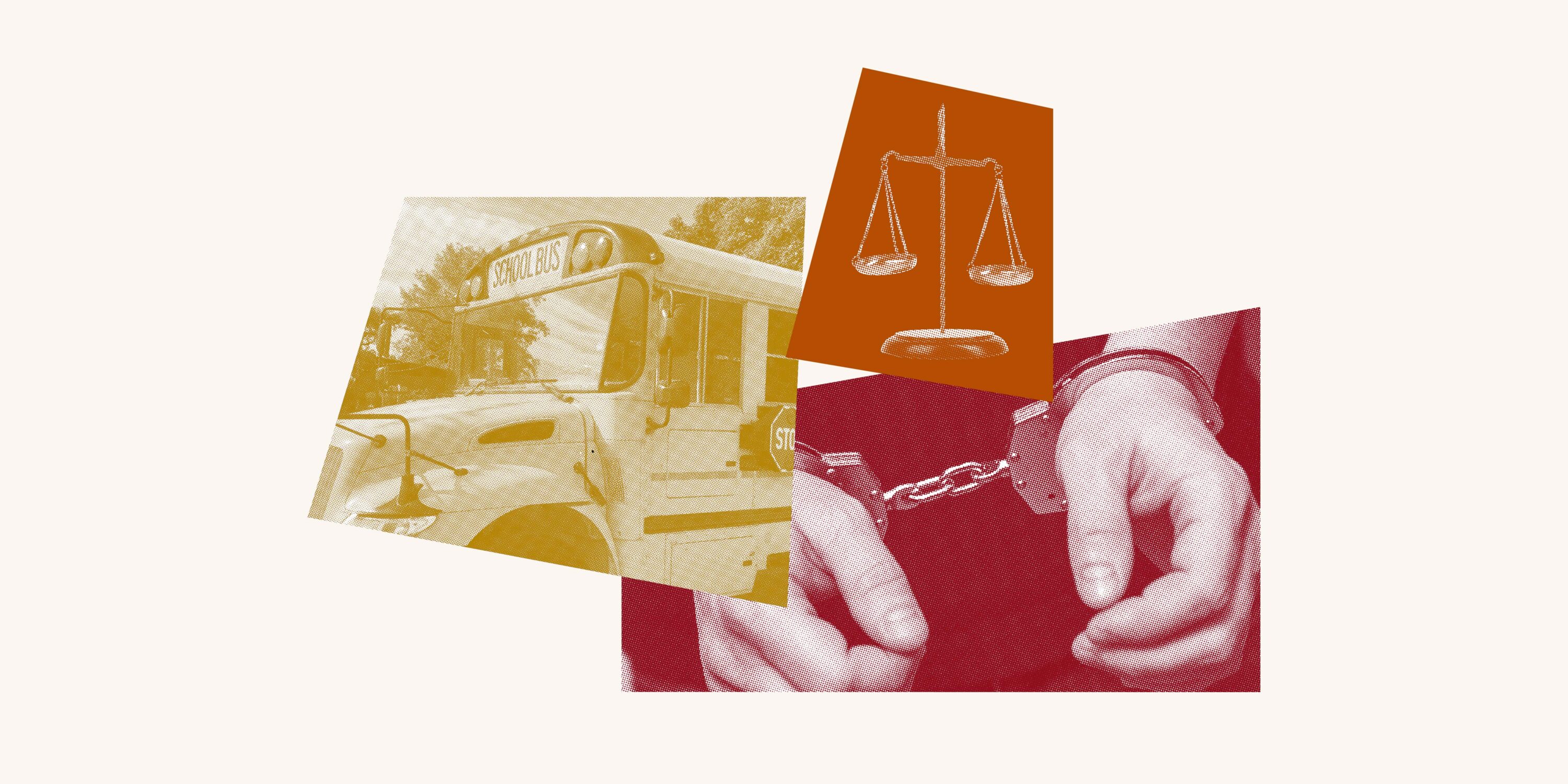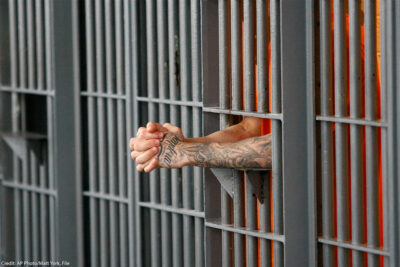Youth Solitary Confinement
The ACLU works in courts, legislatures, and communities to defend and preserve the individual rights and liberties that the Constitution and the laws of the United States guarantee everyone in this country.

The Latest
-


Judge Orders Louisiana to Remove Children from Angola Prison by September 15
-


Emergency Filing Details Routine Solitary Confinement for Youth at Angola Prison
-

What if Algorithms Worked For Accused People, Instead of Against Them?
-


Civil Rights Groups File Class Action Lawsuit Against Wisconsin State Officials for Unconstitutional Use of Solitary Confinement, Other Inhumane Conditions in State-Run Youth Correctional Facilities
Explore More
What's at Stake
Every day, in jails and prisons across the United States, young people under the age of 18 are held in solitary confinement. They spend 22 or more hours alone each day, usually in a small cell behind a solid steel door. They are completely isolated both physically and socially, often for days, weeks, or even months on end. Sometimes there is a window allowing natural light to enter or a view of the world outside cell walls. Sometimes it is possible to communicate by yelling to other inmates; voices are distorted, reverberating against concrete and metal. Occasionally, they get a book or a Bible, and if they are lucky, study materials. But inside this cramped space, few contours distinguish one hour, one day, one week, or one month from the next.
Isolating children can inflict serious psychological, physical, and developmental harm, resulting in persistent mental health problems or worse: suicide. These risks are magnified for children with disabilities or histories of trauma and abuse.
The ACLU is committed to abolishing the solitary confinement of children in juvenile and adult facilities. We are working in a number of states to promote legislation and policy reforms requiring that juvenile justice and correctional agencies employ a range of alternatives to manage and care for young people safely—without resorting to harmful physical and social isolation practices.
Every day, in jails and prisons across the United States, young people under the age of 18 are held in solitary confinement. They spend 22 or more hours alone each day, usually in a small cell behind a solid steel door. They are completely isolated both physically and socially, often for days, weeks, or even months on end. Sometimes there is a window allowing natural light to enter or a view of the world outside cell walls. Sometimes it is possible to communicate by yelling to other inmates; voices are distorted, reverberating against concrete and metal. Occasionally, they get a book or a Bible, and if they are lucky, study materials. But inside this cramped space, few contours distinguish one hour, one day, one week, or one month from the next.
Isolating children can inflict serious psychological, physical, and developmental harm, resulting in persistent mental health problems or worse: suicide. These risks are magnified for children with disabilities or histories of trauma and abuse.
The ACLU is committed to abolishing the solitary confinement of children in juvenile and adult facilities. We are working in a number of states to promote legislation and policy reforms requiring that juvenile justice and correctional agencies employ a range of alternatives to manage and care for young people safely—without resorting to harmful physical and social isolation practices.